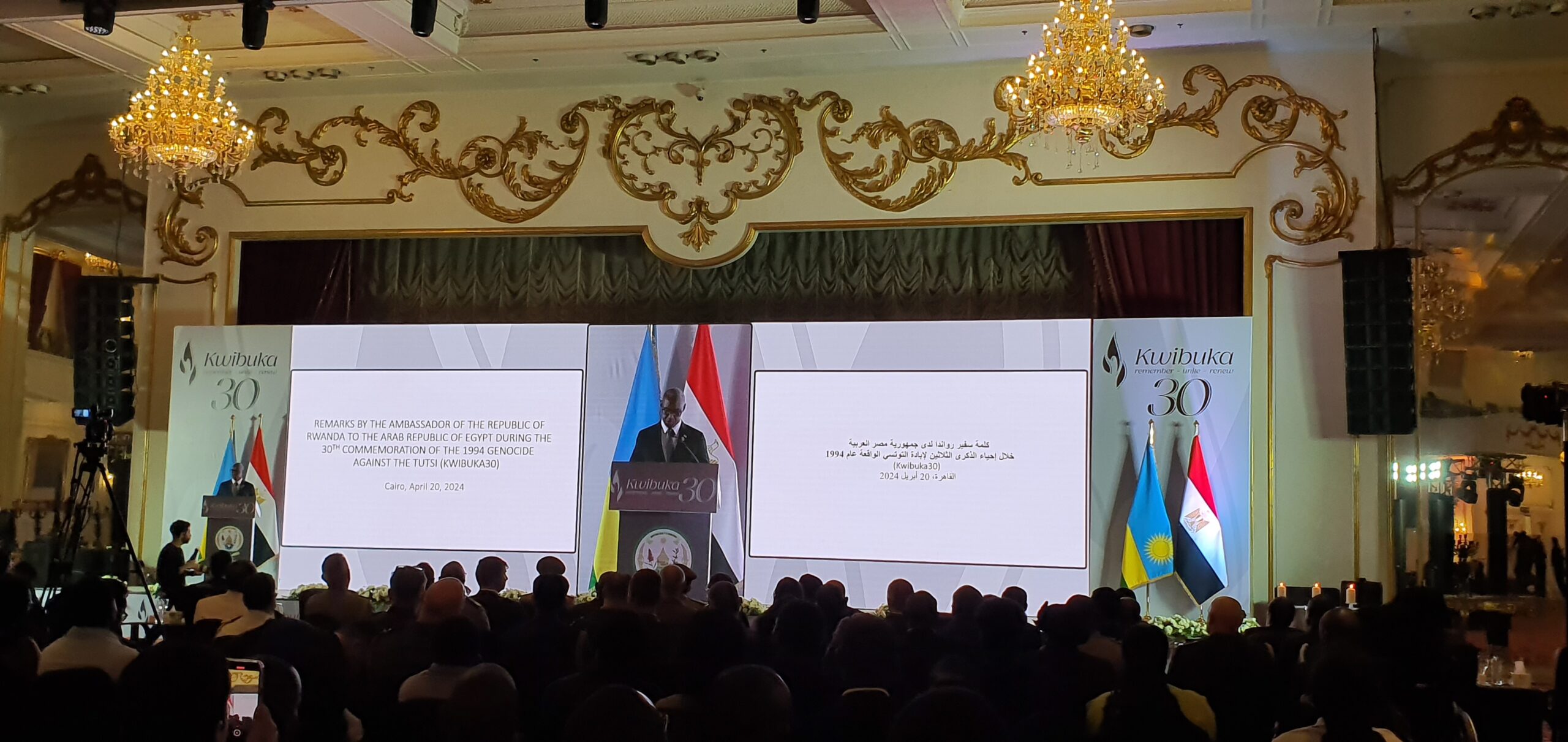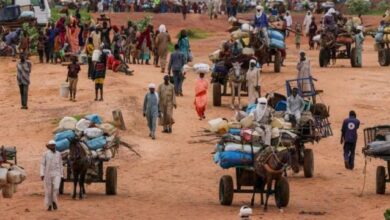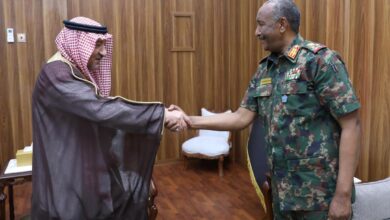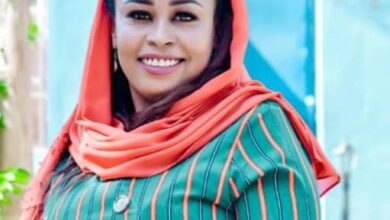
REMARKS BY THE AMBASSADOR OF RWANDA TO THE ARAB REPUBLIC OF EGYPT DURING THE 30TH COMMEMORATION OF THE 1994 GENOCIDE AGAINST THE TUTSI (KWIBUKA 30)Cairo, April 20, 2024
- Excellency’s Ambassadors, High Commissioners and members of the Diplomatic corps,
At this juncture, I would like to raise the voices of just two of those victims to illustrate what I mean.
On April 15th 1994, while seeking refuge in a Catholic Cathedral, a young child cried: “forgive me, I will never be called a Tutsi again”. The child was not spared. Her mother who was in hiding until this, let out a cry and begged: “Please, let me check if my child is still breathing”. She was visibly pregnant. The killers responded: “how about we cut you open instead, and see what the fetus of a Tutsi looks like?” And cut her up and kill her unborn child as well, this is what they proceeded to do. These acts were carried out at an altar in the house of God. It was witnessed by a 6-year old girl who survived the killings that day but lost both her parents. Today, this survivor is a wife and a mother of two. Every year she remembers what she saw, and every year, we listen. Today, you have listened. You have shared in her testimony. I thank you for being here, for listening.
The theme of our commemoration is: “Remember, Unite, Renew”. I will now borrow the words of His excellency, Paul Kagame, which he expressed in an interview in 2018:
“There was a huge puzzle after the genocide. How do you pursue justice when the crime is so great? You can’t lose one million people in one hundred days without an equal number of perpetrators. But we also can’t imprison an entire nation. So, forgiveness was the only path forward. Survivors were asked to forgive. The death penalty was abolished. We focused our justice on the organizers of the genocide. Hundreds of thousands of perpetrators were rehabilitated and released back into their communities. These decisions were agonizing. I constantly questioned myself. But each time I decided that Rwanda’s future was more important. It was a huge burden to place on the survivors. And perhaps the burden was too great. One day during a memorial service, I was approached by a survivor. He was very emotional. ‘Why are you asking us to forgive?’ he asked me. ‘Haven’t we suffered enough? We weren’t the cause of this problem. Why must we provide the solution?’ These were very challenging questions. So I paused for a long time.
Then I told him: ‘I’m very sorry. You are correct. I am asking too much of you. But I don’t know what to ask the perpetrators. ‘Sorry’ won’t bring back any lives. Only forgiveness can heal this nation. The burden rests with the survivors because they are the only ones with something to give.’” End of quote.
It was not only Rwanda that was robbed of over 1 million people; it was the whole world. These were people with hopes and dreams, with talents and, who knows, with answers to some of the problems our world faces today.
As a country, we are always striving to realize our own potential for good. When the world wrote off Rwanda a failed state, we Rwandans and our leaders refused to give up hope. As we commemorate today, we remember the hate-filled broadcasts that poisoned the minds of so many, long before 1994. The victims of that poisoning became the perpetrators of the genocide against the Tutsi. They carried machetes that hacked away at innocent victims and the wooden clubs that crushed their skulls.
Meanwhile, the rest of the world was enveloped in a deafening silence. The good news is that amidst the silence from the international community, some young Rwandans led gallantly by President Paul Kagame, took matters into their hands and heroically ended the genocide in July 1994, and then embarked on establishing internal peace and security for all Rwandans.
And from the ashes of the genocide, a new Rwanda has risen, where unity and reconciliation are cornerstones of post-genocide reconstruction. Rwandans have rebuilt and continue to rebuild their country brick by brick. We have learnt a lot from our sad history. Above all, we have chosen forgiveness over vindictiveness, in order to break the cycle of hate.
That said, there are many perpetrators who are yet to face justice. These fugitives include senior members of the former government, civilian and military, who live freely in many countries across the world. The world needs to work harder, collectively, to bring them to justice. Most painfully for genocide survivors, some of these fugitives routinely engage in genocide denialism, trivialization, and revisionism. They are adept at exploiting social media, and all forms of propaganda tools to portray themselves as the victims, while turning victims into perpetrators.
In Rwanda, our commitment to upholding the memory of the victims through commemoration of the 1994 Genocide against the Tusti remains unwavering. Beyond our borders, Rwanda needs all nations and people of goodwill to stand with her in combatting and uprooting the ideology of ethnic hatred.
Ladies and gentlemen,
It is no exaggeration to say that, even as I speak, events which often point to the unfolding of genocide, such as hate speech, incitement to genocide, pogroms and ethnic cleansing, are in evidence in the East of the Democratic Republic of Congo. Those who are committing atrocities include a group that calls itself as ‘Democratic Forces for Liberation of Rwanda’, known more widely by the acronym ‘FDLR’. They are an offshoot of the main perpetrators of the genocide against the Tutsi in Rwanda, the former armed forces of Rwanda (FAR), and the notorious Interahamwe militia. These criminal elements exported their ideology of genocide to Congo where, 30 years later, it has taken root. Today, the government in Kinshasa works with this genocidal group, going as far as integrating it into the national arm, the FARDC. Their target group are the Congolese Tutsi, who are citizens of the Democratic Republic of Congo.
I say all this to raise awareness internationally, of the plight of the victims of ethnic cleansing by the Kinshasa government and its militia allies. The aim is to raise alarm before another tragedy on the scale of the genocide against the Tutsi in Rwanda occurs. Our aim is to make the vow “NEVER AGAIN”, a reality.
Distinguished guests, ladies and gentlemen,
whenever we commemorate the 1994 genocide against the Tutsi in Rwanda, we take time to mobilise and sensitize the world about the crime of genocide and urge the world to come up with a common stand that it should never happen again, anywhere.
This is the time when we call on UN member states that are signatories to the 1948 UN convention on the prevention and punishment of the crime of genocide, to fight and prosecute hate speech and crimes of genocide. Rwanda urges the international community, to put in place laws that criminalize genocide, genocide denial and revisionism and genocide ideology.
Rwanda advocates for the establishment in different countries, memory symbols in remembrance of the 1994 genocide against Tutsi. We recognise and thank countries that have so far established those symbols. Rwanda also advocates for inclusion of teaching about the 1994 genocide against the Tutsi in schools to educate the young and next generations about the need to fight hate ideologies and stand against any form of discrimination and divisionism.
We extend our gratitude to countries and friends of Rwanda that have supported us on our development journey and continue to do so. I wish to take this opportunity to express our sincere gratitude to the government of the Arab Republic of Egypt, for the existing brotherly relations and fruitful cooperation with Rwanda and for the support extended to Rwanda in its recovery and reconstruction efforts, especially in the areas of higher education, defense and security training, health and trade.
Let me conclude with quoting H.E President Paul Kagame. In his address during the 30th commemoration of the genocide, on 7th April in Kigali, he reiterated:
“Our people will never be left for dead again”. End of quote.
Ladies and gentlemen,
Thank you, for your kind attention and support.
Shokran
Allow me to seize this opportunity to invite our Guest of honor, H.E. …….




